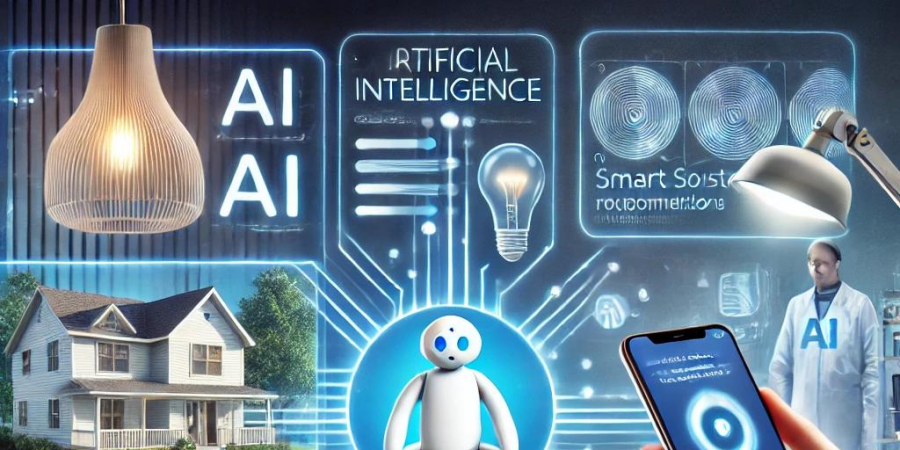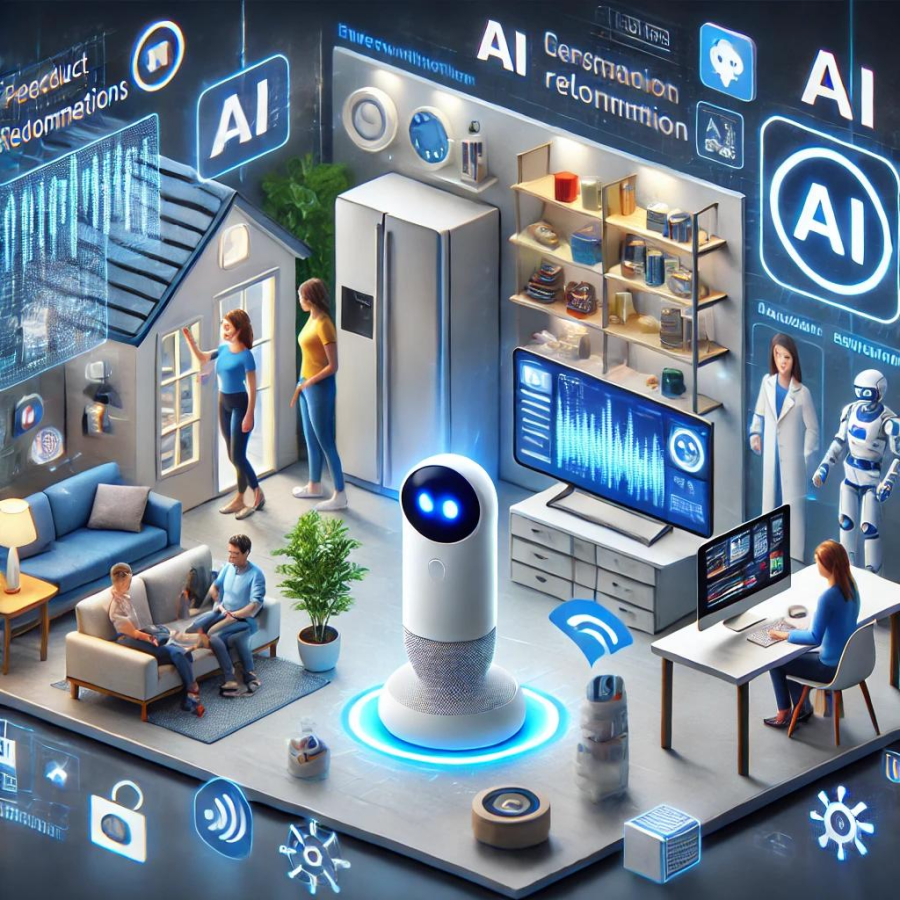


The Rise of AI in Everyday Life: Transforming the Way We Live
Artificial Intelligence (AI) is no longer a futuristic concept confined to science fiction or high-tech labs. Today, AI is becoming a significant part of everyday life, subtly yet profoundly transforming the way we live, work, and interact. From voice-activated assistants like Siri and Alexa to smart home systems, AI is influencing nearly every industry and aspect of daily routines. Its integration into society marks a revolutionary shift that is reshaping human behavior and creating new opportunities.
AI in Daily Tasks: A New Level of Convenience
One of the most noticeable impacts of AI in everyday life is the level of convenience it offers. Virtual assistants have become indispensable in homes and workplaces, responding to voice commands, setting reminders, answering questions, and even controlling appliances. These AI-powered devices are constantly learning from user interactions, allowing them to offer more personalized services. For example, if you often ask your assistant to play music at a certain time, it might begin suggesting playlists in anticipation of your request.
Smart homes, powered by AI, are also transforming how we manage our living environments. Thermostats, lighting, and security systems can be controlled remotely or automatically adjust based on learned preferences. This kind of automation not only saves time but also helps conserve energy, making everyday life more efficient and sustainable.
AI in Health and Well-being
In the healthcare sector, AI is making impressive strides. AI-driven diagnostic tools are helping doctors make more accurate diagnoses, sometimes detecting diseases at earlier stages than humans can. For instance, AI algorithms are being used to analyze medical images for signs of cancer or other illnesses, improving both the speed and accuracy of diagnoses.
Moreover, AI-powered wearable devices such as smartwatches track vital signs like heart rate, sleep patterns, and physical activity. These devices provide real-time health insights and encourage users to make healthier lifestyle choices. Over time, the data gathered by these wearables can be used to predict potential health issues, allowing for preventive measures before serious problems arise.
AI in Entertainment and Shopping
AI’s influence extends into entertainment, with streaming services like Netflix and Spotify relying on AI algorithms to recommend content tailored to individual preferences. These platforms analyze user behavior to suggest movies, TV shows, or music, creating a personalized experience that keeps users engaged.
In the world of e-commerce, AI is revolutionizing shopping experiences. Many online retailers use AI to recommend products based on browsing and purchase history, making the shopping experience more intuitive. AI-driven chatbots provide customer service 24/7, answering questions and assisting with purchases. This level of customization is not only improving customer satisfaction but also driving sales and business growth.
AI’s Impact on Jobs and Society
While AI enhances convenience and efficiency, its rise has also raised concerns about job displacement. Many fear that automation, powered by AI, will eliminate jobs in sectors like manufacturing, transportation, and retail. However, AI is also creating new roles in fields such as data analysis, AI programming, and machine learning. The key will be adapting education and training to prepare the workforce for the evolving job market.
Moreover, ethical questions around privacy and the use of AI in decision-making processes are growing as AI systems collect and analyze vast amounts of personal data. Striking a balance between innovation and ethical considerations will be crucial as AI continues to integrate further into our lives.
Conclusion
AI is undeniably shaping the future, and its rise in everyday life is only beginning. While it brings numerous benefits, such as convenience, efficiency, and advancements in health, entertainment, and shopping, society must navigate the challenges it presents. The future of AI holds exciting possibilities, but its impact will depend on how we choose to harness its power, ensuring that its use benefits all sectors of society equitably.
Thanks for reading this blog!
